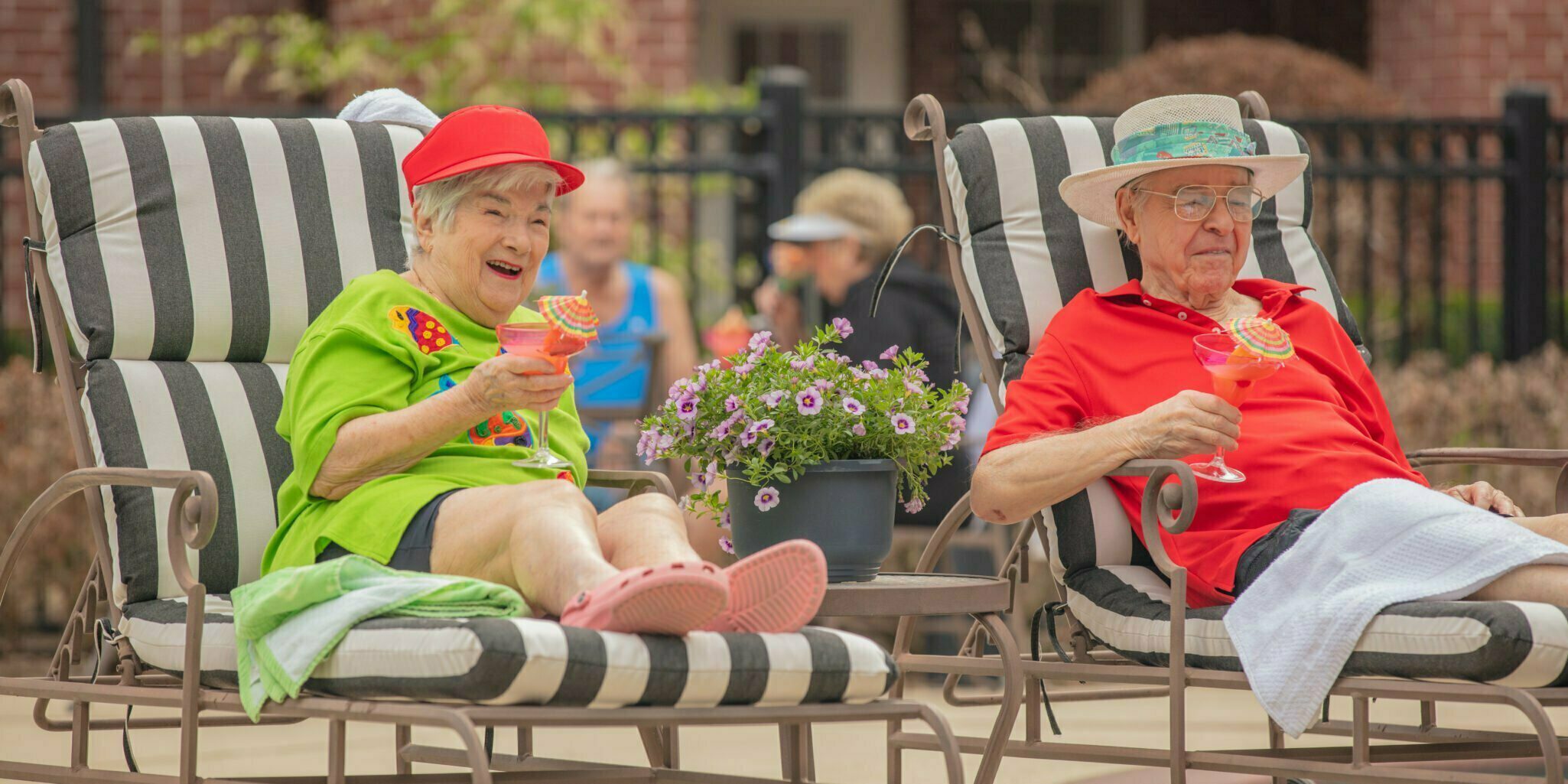
When to Move from Assisted Living to Memory Care
There’s no one perfect road map for aging. It looks different for everyone. And because of that, it’s hard to know when the right time is to do things. When should you retire? If and when should you consider moving to a senior living community? What should you do if you or one of your family members needs help with activities of daily living? When is a good time to move from assisted living to memory care?
This blog post will discuss how to know when your loved one should transition from assisted living to memory care to help you make a more informed decision.
How to Know it’s Time for More Than Assisted Living
If you’re taking care of a loved one who requires occasional assistance, it can be difficult to know if they should move to an assisted living facility or need a higher level of care. Here are some things to look for that indicate they need more than assisted living:
- Financial troubles: Neglecting finances is one of the first signs of dementia and can leave your loved one open to financial scams, putting their finances at risk.
- Changes in lifestyle: If you notice your loved one’s mail is piling up, there’s spoiled food in the refrigerator, dishes left out, and other household messes become uncontrollable, it could be a sign of dementia. Other signs include unwashed or wrinkled clothing, body odor, unkempt hair, and other personal hygiene issues.
- Shrinking social circle: Being around friends and family your loved one no longer recognizes can cause them to isolate and withdraw from their usual social circles. Notice if they’ve stopped socializing or doing the things they used to do.
- Safety concerns: If you’re constantly worried about your loved one’s safety, it may be time to consider an option with specially trained caregivers who can meet the unique needs of people living with dementia.
- Personality changes: As dementia progresses, your loved one may experience significant personality changes and can develop confusion and agitation that leads to violence or threats of violence.
- You’re exhausted: Letting your own health suffer while taking care of a loved one isn’t a sustainable situation. Caregiver burnout is very real, and caring for someone with dementia can be emotionally and physically exhausting.
- Wandering: If your loved one wakes in the middle of the night or becomes confused and disoriented, they may wander. This can be extremely dangerous if your family member doesn’t realize where they are or know how to get back home.
- Unexplained physical changes: Changes in weight, posture and mobility problems can mean your loved one needs more assistance. Maybe your family member doesn’t remember to eat, or forgets they’ve already eaten and are eating again. Slow movements can also be an indicator of confusion or disorientation.
What Do Memory Care Communities Offer?
Once you know when the time is right, here’s what your loved one can expect to find at a memory care community:
- Relationship reset: Being your family member’s caregiver can change the dynamic of your relationship with your loved one. Moving to memory care can help you refocus your relationship on doing the things you love to do together while the community’s staff manages their care.
- Specialized training: The entire memory care staff — doctors, nurses, aides and housekeeping — attends educational seminars, simulations and practices. These help everyone gain a deeper understanding of what it’s like to live with dementia and what it’s like to love someone with dementia.
- Nuanced activities: Memory care communities provide activities that can help slow down the progression of dementia. They also offer programs and classes that can cheer, calm and stimulate your loved one without contributing to their anxiety or worry.
- Specially designed: The architecture and interior design in a memory care community are entirely focused on creating a safe, positive and calm environment for your loved one.
- Dining options: Meals are designed to enable your loved one to choose what they eat while also ensuring all the options meet their personal dietary recommendations.
- Support network: You and your loved one will find a helpful group of residents, their families, loved ones and caregivers who all know what you’re going through.
The Compassionate Care Your Loved One Deserves
If you’re trying to decide when to move a loved one from assisted living to memory care, contact The Buckingham. Our elevated and dignified approach has helped family members just like yours live a life of purpose and find meaning and joy in each new day. To learn more about the benefits of our memory care community, contact us here.

